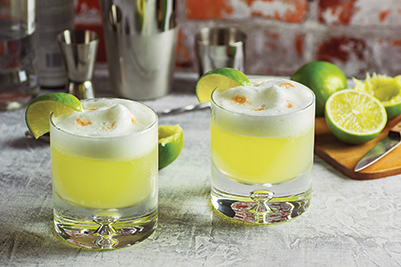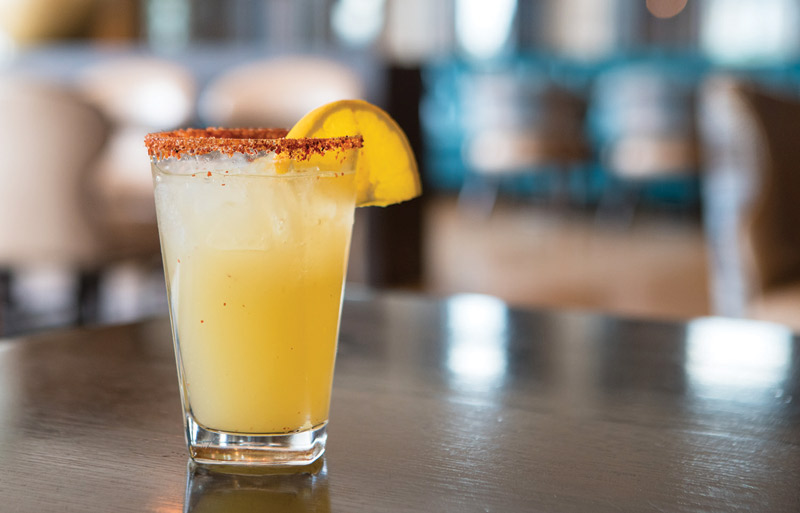Over the past few years, the beverage scene has become more and more focused on craft cocktails. Gone are the days of bartenders popping open a beer and making simple drinks. Today, highly qualified professionals understand the actual chemistry behind liquor. Some even call themselves mixologists. But just because someone can mix a few ingredients and light them on fire doesn’t automatically make him good at the job. Here are a few tips on spotting an expert from an amateur.
1. The bartender can tell you every beer on tap without looking.
Beer is one of the simplest ways for a bartender to make money. You put liquid in a glass. It’s that easy. If I ask a bartender if he has any lagers on tap, he should be able to answer without looking. Any bartender that doesn’t know his taps by heart is either new or poorly managed.
2. To jigger or not to jigger?
A jigger is a tool you will find at every bar. It helps provide precise measurement of liquid to control waste and maintain consistency. Bar managers usually love jiggers because they prevent heavy-handed bartenders from over pouring. Also, they help with understanding costs and profitability. However, jiggers are not good for speed. Some bars let their bartenders free pour, which means a bartender has to accurately pour drinks not by measuring, but by counting. This is extremely hard and takes years of practice. Anyone can make a drink with a recipe and a measuring tool, but only true professionals can free pour with consistency.
 3. They have grace under pressure.
3. They have grace under pressure.
We all have been to a bar where the bartender is completely overwhelmed. But what makes the experience acceptable is how the bartender handles it. Are they freaking out, or are they calmly multitasking and knocking their tasks out with accuracy? Great bartenders concentrate on their steps, meaning they make every action count. If they have to run to the other side of the bar for something, they’re thinking of what else they can do along the way. This takes a lot of experience and really separates the good bartenders from the bad.
4. They offer intelligent suggestions.
Bar positions have a lot of responsibility. They have to know all of the food and drinks and handle a lot of money with a cash drawer. Usually the bartender has been at the restaurant for a few years; it’s the last step before restaurant management. If a bartender can’t tell you answers to a wide range of questions involving the restaurant, like the difference between the single malt scotches offered, you are dealing with someone unqualified or poorly managed.
5. They are good at conversation.
I don’t care if he make drinks with tinctures, specialty ice cubes or the newest liquors, if you can’t carry a decent conversation with your bartender, he shouldn’t be bartending. Recently, I was at one of the city’s top craft cocktail bars, and the bartender was unfriendly and pompous. The person I was with didn’t even finish her cocktail because she didn’t like it, and the bartender never checked on our experience. People become regulars not only because they like the food and drinks, but because they also are comfortable with the people waiting on them. I have some regulars I see more than my own family. True professionals don’t just provide service, they provide genuine hospitality.
Anthony Geary is sommelier at The Four Seasons Hotel St. Louis.








